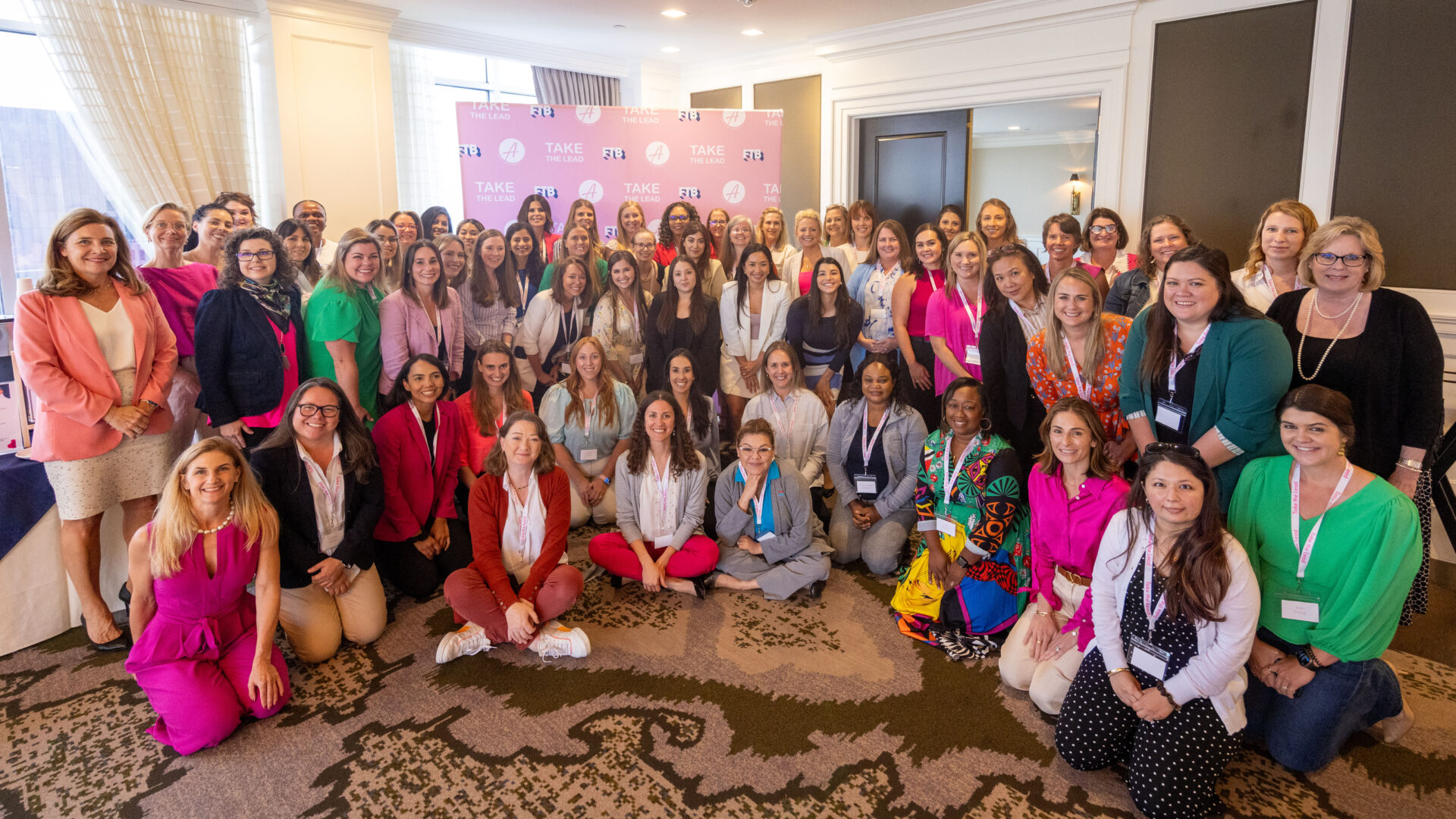My kids and I’ve been binge watching The Office. The other day I had to stop an episode, look at my boys, and say, “Do you hear how everyone is talking about Pam’s breasts? That is not okay. It’s completely unacceptable to make those types of comments to a woman at any time, any place.” I then went on to ask them how they’d feel if everyday they went to work and people commented on their bodies. They agreed quickly that it’d make them incredibly uncomfortable.
This experience really touched a nerve.
It brought me back to my days in the Marine Corps when I was objectified for my appearance routinely. Heck, it started before then. When I was 18 and applying to become a midshipman at the University of Michigan, and had to tell the Marine instructor my weight, he asked me to get up, turn around, and after his appraisal he said, “I don’t see where you hide it.”
Later, in the Corps, I’d hear my Marine colleagues and their grading scale for the women I served with – she’s a 5 in the states, but in Iraq she’s a solid 8. (Had I not been there, I’m sure my rating would have emerged, too.) I even had a performance evaluation in the military where it was documented that I “looked great in uniform.” (I think I took that as a compliment at the time; looking back, it’s creepy.) There’s more, much more. This type of degradation happened all the time.
I could have dealt with any of these experiences individually. Collectively, though, they created a culture where I felt insecure, uncertain, and always on guard. It wasn’t a place where I felt accepted, a place where I could bring my full self to work. It was uncomfortable and near impossible to thrive.
This brings me back to Pam.
Poor Pam. Toby hits on her all of the time. Angela shames her. Everyone comments on her breasts. This is no place where a woman can feel safe enough to do her best.
I know this is a sitcom. But is it really? Aren’t there elements of this TV show in our work environments? While I’d wish that the answer to this is no, I’m not naïve. My work brings me in close contact with HR professionals who have stories to tell.
- A positive culture is everyone’s responsibility. Ensure that it is clear, regardless of position in rank, that everyone in your charge understands that comments like this are unprofessional.
- As leaders, what we say matters. Set a good example. Make sure that you are never joking about things that may make others uncomfortable. You set the tone.
- What we hear, but don’t address, matters. Don’t let jokes slide. Address them quickly and kindly.
If we want our teams to feel safe and secure, we have to make sure that they matter and work to promote a culture where we remove all the barriers to high performance so that individuals feel they can contribute to their fullest potential.
All my best,









